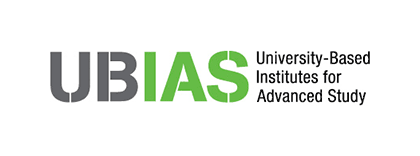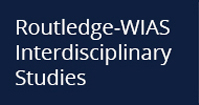Waseda Organizational and Financial Economics Seminar:
“Volatility reduction and return consistency in a multi-asset framework” (April 8)
講演者 / Speaker
AGRRAWAL, Pankaj (Associate Professor, University of Maine)
- Field of Research Interests
Investments, Portfolio Management, Corporate Finance, Financial Markets, Empirical Topics in Finance, Corporate Governance, Computational Finance
日 時 / Date & Time
Monday, 8 April 2019, 13:00 – 14:30
会 場 / Venue
Rm. #1111 on the 11th floor, Building #11, Waseda University
主 旨 / Outline
“Volatility reduction and return consistency in a multi-asset framework”
This talk is partly based on my JII, 2013 paper, that identifies a set of readily available assets, in the form of highly liquid multiple asset class ETFs, that extend diversification beyond plain-vanilla multiple equity holdings, and also beyond the traditional 60/40 Equity-Bond mix (Multi Asset Investing). A 1/n equal weighted asset portfolio delivers most of the efficiency gains (in the risk return space) as compared to the Markowitz mean-variance optimized portfolio (which is also identified in the paper). Tests show that a MAC (multi-asset class) diversified portfolio performed well in mean-variance space and under varying market phases. To abstract from hindsight bias, a 1/N equal-weighted portfolio was constructed and tested, consistent with literature (DeMiguel, Garlappi and Uppal [2009]). The portfolio had a 32% decline in market beta with an annualized return of 8% over the 2004-2019 period. A scalar construct of overall dependencies called Generalized Variance is used as a measure of the spread within the covariance matrix. It condenses the N(N-1)/2 off-diagonal elements of the V-C matrix into a single scalar element. The Gibbons-Ross-Shanken [1989] GRS-W statistic is applied to test for portfolio efficiencies. Portfolio performance is updated to March 2019. This research was recently featured in the New York Times on Jan 11th, 2019. Additionally, it is shown that the Nikkei index has increased volatility when higher moments and serial correlation are factored in.
プログラム / Schedule
13:00~13:05 Opening Remarks (MIYAJIMA, Hideaki (Advisor, WIAS / Professor, Waseda University))
13:05~14:05 Presentation
14:05~14:25 Question-and-answer session
14:25~14:30 Concluding Remarks(MIYAJIMA, Hideaki )
対 象 / Prospected Audience
Faculty and staff members of a university, grad students, undergraduates, the general public
主 催 / Organizer
Research Institute of Business Administration, Waseda University
Waseda Institute for Advanced Study, Waseda University
申込み / Registration
Free of charge. Please come to the event venue directly.










